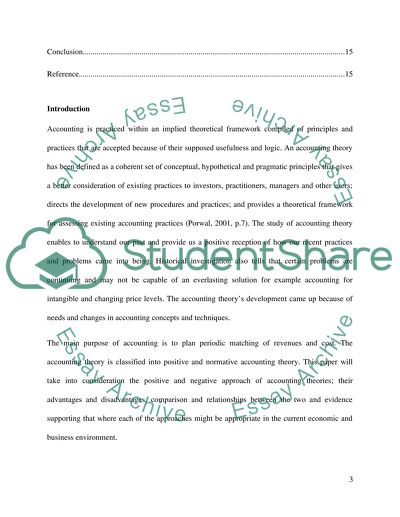Cite this document
(“Accounting Theory - Comparison between Positive and Normative Approach Essay”, n.d.)
Accounting Theory - Comparison between Positive and Normative Approach Essay. Retrieved from https://studentshare.org/finance-accounting/1473244-the-two-main-theoretical-approaches-in-accounting
Accounting Theory - Comparison between Positive and Normative Approach Essay. Retrieved from https://studentshare.org/finance-accounting/1473244-the-two-main-theoretical-approaches-in-accounting
(Accounting Theory - Comparison Between Positive and Normative Approach Essay)
Accounting Theory - Comparison Between Positive and Normative Approach Essay. https://studentshare.org/finance-accounting/1473244-the-two-main-theoretical-approaches-in-accounting.
Accounting Theory - Comparison Between Positive and Normative Approach Essay. https://studentshare.org/finance-accounting/1473244-the-two-main-theoretical-approaches-in-accounting.
“Accounting Theory - Comparison Between Positive and Normative Approach Essay”, n.d. https://studentshare.org/finance-accounting/1473244-the-two-main-theoretical-approaches-in-accounting.


